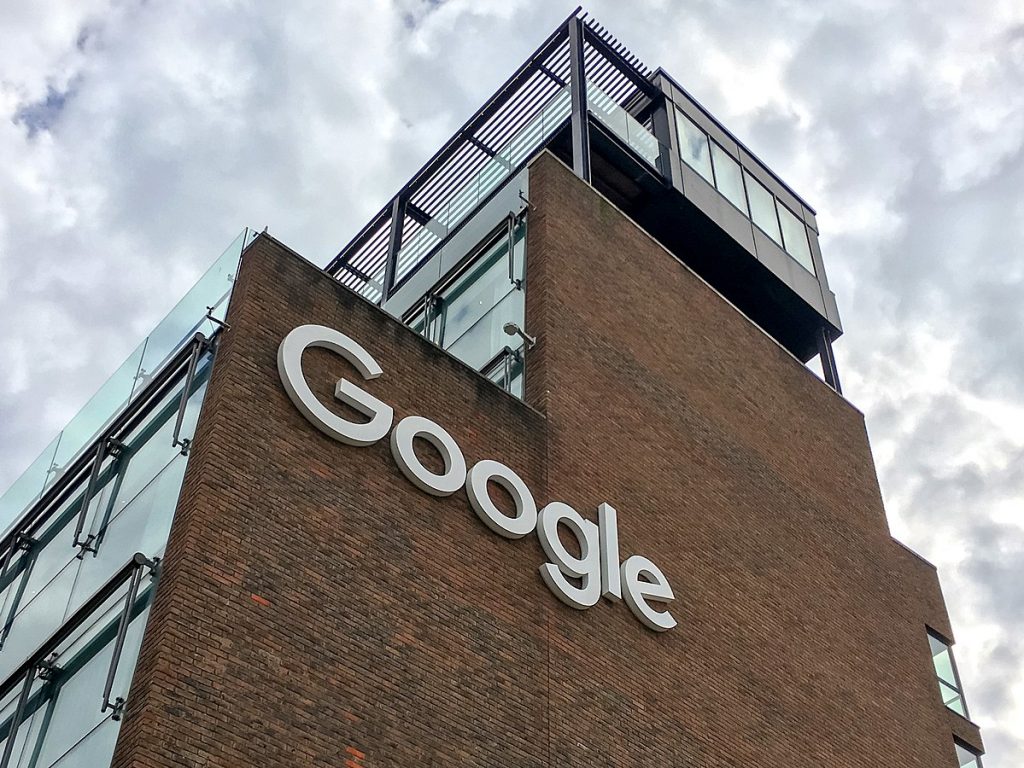 TheTechMedia.com/wp-content/uploads/2021/04/1199px-Google_Headquarters_in_Ireland_Building_Sign-300×225.jpg 300w, https://TheTechMedia.com/wp-content/uploads/2021/04/1199px-Google_Headquarters_in_Ireland_Building_Sign-768×576.jpg 768w, https://TheTechMedia.com/wp-content/uploads/2021/04/1199px-Google_Headquarters_in_Ireland_Building_Sign-800×601.jpg 800w, https://TheTechMedia.com/wp-content/uploads/2021/04/1199px-Google_Headquarters_in_Ireland_Building_Sign-1160×871.jpg 1160w, https://TheTechMedia.com/wp-content/uploads/2021/04/1199px-Google_Headquarters_in_Ireland_Building_Sign.jpg 1199w” sizes=”(max-width: 1024px) 100vw, 1024px”>
TheTechMedia.com/wp-content/uploads/2021/04/1199px-Google_Headquarters_in_Ireland_Building_Sign-300×225.jpg 300w, https://TheTechMedia.com/wp-content/uploads/2021/04/1199px-Google_Headquarters_in_Ireland_Building_Sign-768×576.jpg 768w, https://TheTechMedia.com/wp-content/uploads/2021/04/1199px-Google_Headquarters_in_Ireland_Building_Sign-800×601.jpg 800w, https://TheTechMedia.com/wp-content/uploads/2021/04/1199px-Google_Headquarters_in_Ireland_Building_Sign-1160×871.jpg 1160w, https://TheTechMedia.com/wp-content/uploads/2021/04/1199px-Google_Headquarters_in_Ireland_Building_Sign.jpg 1199w” sizes=”(max-width: 1024px) 100vw, 1024px”>Antitrust probes have become a common occurrence as tech giants continue to run into trouble with the authorities. This time, it is Google’s turn as the California-based firm became the target of an antitrust probe by the Competition Commission of India (CCI) over allegations that Alphabet’s Google was abusing its dominant position with Android in India’s smart television market.
Coming but a few hours after the European Union formally opened an antitrust investigation over Google’s abuse of its dominant role in the market (seems to be a pattern, no?), the latest development in the world’s second-largest internet market is the third ongoing antitrust case investigation that India has opened against Google, after probes into its payments app and Android mobile operating system. Incidentally, India also happens to be Google’s largest market in terms of users.
According to the initial review by the CCI, Google breached certain anti-competitive laws and violated several provisions of sections 3 and 4 of the country’s Competition Act. Section 4 restricts companies from abusing its dominant position in the market.
The watchdog was convinced that a case was made out for conducting the investigation based on the available information. It has ordered further investigation into the allegations, and it may be nearly a year before this issue is resolved.
According to a statement released by the CCI, it was of the prima facie opinion that “by making pre-installation of Google’s proprietary apps (particularly Play Store) conditional upon signing of ACC (Android Compatibility Commitments) for all Android devices manufactured/distributed/marketed by device manufacturers, Google has reduced the ability and incentive of device manufacturers to develop and sell devices operating on alternative versions of Android i.e. Android forks, and thereby limited technical or scientific development relating to goods or services to the prejudice of consumers in contravention of Section 4(2)(b) of the Act.”
It added that ACC prevented OEMs (original equipment manufacturers, such as Xiaomi and TCL) from manufacturing/ distributing/ selling any other device which operates on a competing forked Android operating system. “Therefore, given the dominance of Google in the relevant markets and pronounced network effects, by virtue of this restriction, developers of such forked Android operating system are denied market access resulting in violation of Section 4(2)(c) of the Act.”
The CCI asked the Director-General to investigate and submit the report within 60 days.
Antitrust lawyers Kshitiz Arya and Purushottam Anand filed a complaint in May 2020 alleging that Google restricted companies that acquired the license for its Android TV from working with its competitors, effectively binding the company itself until the company itself wanted to leave. In simple terms, any TV manufacturer who intended to use Google’s operating system would have to enter into certain agreements, which would prohibit them from manufacturing any other device, whether it is televisions or phones, on any forked version of Android.
Coming to Smart TV, about 8 million smart TV sets were sold in India in 2019, over 60% of which were powered by Google’s Android operating system.
Google denied the allegations, saying that they were confident that their Smart TV licensing practices complied with the allocable competition laws. It maintained that the Smart TV sector in India was booming partly due to Google’s free licensing model, adding that Android TV competed with several well-established TV operating systems. It called the allegations unsupported by evidence, factually incorrect, and based on material legal misconceptions.





